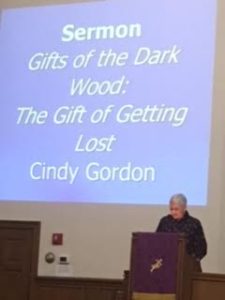 Sermon by Cynthia Gordon, Sunday, March 26, 2017, Princeton United Methodist Church. Part of a sermon series based on the book by Eric Elnes: Gifts of the Dark Wood: Seven Blessings for Soulful Skeptics (and Other Wanderers), a guidebook for spirituality in a post-Christian world.
Sermon by Cynthia Gordon, Sunday, March 26, 2017, Princeton United Methodist Church. Part of a sermon series based on the book by Eric Elnes: Gifts of the Dark Wood: Seven Blessings for Soulful Skeptics (and Other Wanderers), a guidebook for spirituality in a post-Christian world.
Have you ever been on a trip and found yourself totally lost? Preparing for this sermon I was reminded of a time when as a child my family and I went to visit some family friends. After spending a lovely evening in Summit, New Jersey we began our trip home. Over the next 2 hours we seemed to be going in circles making no progress. The dark rural roads made it difficult find our bearings. At that time there were no cell phones with GPS or cars with navigation systems. Only maps were available. At some point a patrol car approached us from behind with lights flashing. My father pulled over and the officer came to the car and asked if we were lost. Much to our relief he led us back to the main highway and we were finally on our way home.
Being physically lost is not the only way we can enter a Dark Wood and become lost. We can become both emotionally and spiritually lost as well. Each of us enters the Dark Wood at some point in our lives causing us to become disoriented and confused. The loss of a relationship or job; the diagnosis of a serious illness; financial worries can all lead us to being lost. I entered my Dark Wood on April 7, 2014 when I was diagnosed with late stage cancer. Laying in the emergency room my mind became overwhelmed with a flood of thoughts and worries. What kind of cancer; was there a treatment and cure; what about the cost of treatment; would this cost me my job; and most importantly, the toll this would take on my husband and children. All of these thoughts were vying for control.
I am reminded of the story in Luke 14:7 where Jesus instructs his disciples about the seating order at a wedding banquet. He instructs them to take the lowest position thereby allowing the host to invite them to a better place: the place of honor. In his book Gifts of the Dark Wood, Eric Elnes reminds his readers that each one of us has an internal banquet table. Our guests are doubt, fear,pain, failure, pride and denial to name a few. Seated at the lowest place is the Holy Spirit waiting for us to invite it to the place of honor.
God and his agent the Holy Spirit speak to us today just as they spoke to Moses and the prophets of old. Their method of communication may not be through a burning bush as was done with Moses or on a blanket covered with forbidden food in a dream to Peter. In Psalm 46:10 we are called to be still and remember that God is exalted among the nations and in the earth. It is only when we become still and willing to listen that the soft whispers of God and the Holy Spirit can be heard. Often God speaks to us through a hunch, a gut feeling or a soft spot leading us to the right path. A soft spot is the serendipitous moment when a hunch or intuition becomes clear as the result of an incident or the voice of another.
These supernatural communications can take us by surprise making us realize that God and the Spirit know us better than we know ourselves. By paying attention to these whispers we allow the Holy Spirit to move to the place of honor at our internal banquet table.
Sometimes the moments of intuition or gut feelings call us to respond to the needs of others; to come to the aid of someone lost and traversing a Dark Wood. Dr. Elnes relates such an incident when one night he was suddenly awakened with a feeling of foreboding for his friend Bruce. After waking his wife Dr. Elnes begins a 2 to 3 hour drive to see his friend Bruce. It is 1:30 in the morning. Standing on Bruce’s doorstep Dr. Elnes begins to question whether he is over-reacting to his premonition. After knocking on the door several times and receiving no answer he begins to feel a bit foolish. Finally Bruce answers the door and the two enjoy hot coffee and good conversation. Assured that all is well Dr. Elnes leaves for home now convinced he had overreacted and been foolish. It would be several months later that Bruce would reveal to his friend that he had been seated at the dining room table with a loaded pistol ready to end his life. It was Dr. Elnes’ unexpected arrival, guided by the Holy Spirit, that saved Bruce’s life.
Another example of the means by which God and the Holy Spirit speak to us is recorded in the Book of Acts Chapters 10 and 11. During testimony before the high council in Jerusalem Peter tells of a series of three dreams in which a blanket containing food forbidden by the Levitical rules appears. In Peter’s time consuming these foods would have been an abomination. During the 3rd dream Peter is interrupted by the visit of 3 Gentiles who request Peter to join them on a journey to Caesarea. Jewish social mores of the time forbid the association of a Jew with Gentiles. News of Peter’s journey and eating with Gentiles resulted in his being summoned to Jerusalem where he proclaimed God’s word that Gentiles were not be excluded from Christ’s church. It is the combination of these events that lead Peter to understand that Christ’s Church was meant for all thus leading Peter into a Dark Wood: following God in defiance of the high council in Jerusalem and the social mores of the day.
Little did I know that my years of study to become a Lay Minister not only prepared me for a life of service to God it was also preparing me for a journey to and through a Dark Wood. I stand before you this morning as a witness of God’s presence and faithfulness at a time when being lost in a Dark Wood feels overwhelming. Inviting the Holy Spirit to the place of honor at my internal banquet table gave me the courage and will to hear God’s whispers. In Jeremiah 33:3 the scripture reminds us that if we call on God in our time of need he will answer us. 3 ‘Call to me and I will answer you and tell you great and unsearchable things you do not know.’
God will also reveal the great and hidden things that have yet to be revealed to us. We are given the promise of a future that provides for healing, prosperity and joy beyond our present circumstances. We must surrender our will to control the events we find ourselves in and trust in God that he will see us through. In life and life beyond death God has promised to be with us.
Life is a journey with many twists and turns. The future is unknown to us and at some point we all will enter the Dark Wood and become lost. Instead of running from it, the Dark Wood can become a place of healing and spiritual growth. For most of us entering into a Dark Wood can be a very frightening circumstance. Our need for control, and fear of the unknown or being alone causes us to resist entering such a place. In Joshua 1:9 ?God issues a command: Be strong and courageous, do not be frightened or dismayed, for the Lord your God is with you wherever you go.
By giving up our need to control and letting our faith in God and the Holy Spirit guide us we can emerge from the Dark Wood with a better understanding of who we are, our place in this world, and a stronger relationship with God. We become more responsive to the intuitions, gut reactions, or soft spots God provides. Just as the police officer guided my family home, we can be assured that God and the Holy Spirit will guide us safely through the Dark Woods of life.
In closing I leave you with this prayer.
May the Spirit of the living God,
Made known to us fully within life’s Dark Wood:
Go before you to show you the way;
Go above you to watch over you;
Go behind you to push you into places you may not
necessarily go yourself;
Go beneath you to uphold and uplift you;
Go beside you to be your strong and constant companion;
And dwell within you to remind you that you are surely not
alone,
And that you are loved-loved beyond your wildest
imagination.
And may the fire of God’s blessing burn brightly
Upon you, and within you,
Now and always.
Amen
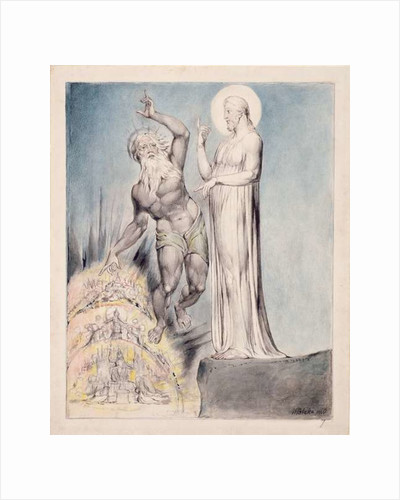 In Luke 4, The Devil tried to be Jesus’ friend in the wilderness. In the llustration by William Blake, the pious looking man next to Jesus has no horns or pitchforks. He might be a Hebrew prophet. Blake realized that Jesus would reject an overtly evil tempter and that all temptations would have to be about doing good, like turning stones into bread to feed the hungry, ruling the world, or performing impressive miracles.
In Luke 4, The Devil tried to be Jesus’ friend in the wilderness. In the llustration by William Blake, the pious looking man next to Jesus has no horns or pitchforks. He might be a Hebrew prophet. Blake realized that Jesus would reject an overtly evil tempter and that all temptations would have to be about doing good, like turning stones into bread to feed the hungry, ruling the world, or performing impressive miracles.
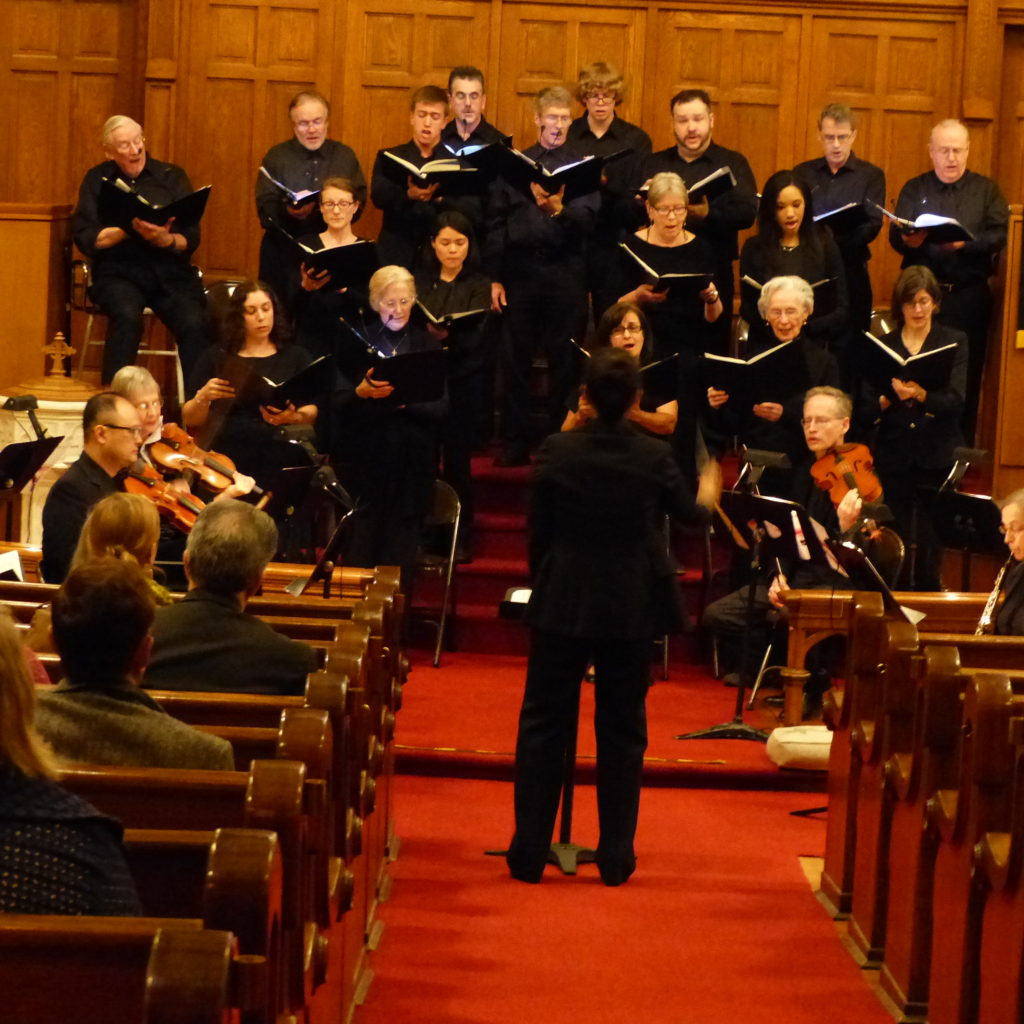
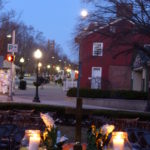 6:30 a.m. on the lawn, followed by a continental breakfast. At 9:30 and 11 a.m. traditional Services of the Resurrection feature the Chancel and Handbell Choirs and a brass quartet.
6:30 a.m. on the lawn, followed by a continental breakfast. At 9:30 and 11 a.m. traditional Services of the Resurrection feature the Chancel and Handbell Choirs and a brass quartet. Sermon by Cynthia Gordon, Sunday, March 26, 2017, Princeton United Methodist Church. Part of a sermon series based on the
Sermon by Cynthia Gordon, Sunday, March 26, 2017, Princeton United Methodist Church. Part of a sermon series based on the 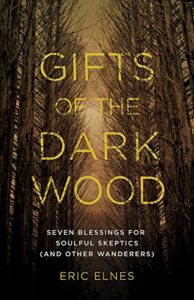 d prose that combines the heart of a mystic, the soul of a poet, and the mind of a biblical scholar,
d prose that combines the heart of a mystic, the soul of a poet, and the mind of a biblical scholar, 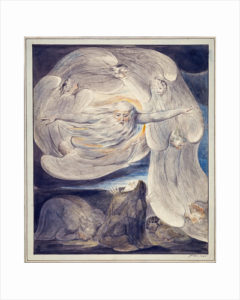
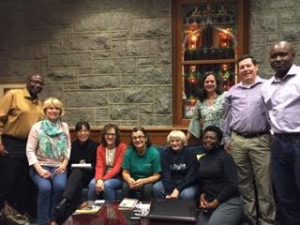
 What’s it like to come to Mid-week Lenten Worship at Princeton UMC? The 30-minute services are Tuesdays from noon to 12:30 in the small chapel; entering by the ramp door.
What’s it like to come to Mid-week Lenten Worship at Princeton UMC? The 30-minute services are Tuesdays from noon to 12:30 in the small chapel; entering by the ramp door.
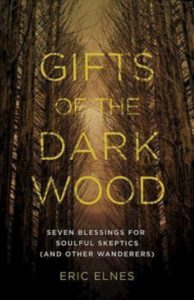 Gifts of the Darkwood
Gifts of the Darkwood  create a community, here, in this place, where the hope of seeing Christ face to face leads us to accept our own spiritual vision as dim?
create a community, here, in this place, where the hope of seeing Christ face to face leads us to accept our own spiritual vision as dim? .
. The prophet says that doing such acts of justice and mercy will result in the rapid healing of the people of God. It will result in a renewed and improved relationship with God, in which God’s people communicate with God freely: “Then you shall call, and the Lord will answer; you shall cry, and he will say, Here I am.” God’s people will experience God’s presence.
The prophet says that doing such acts of justice and mercy will result in the rapid healing of the people of God. It will result in a renewed and improved relationship with God, in which God’s people communicate with God freely: “Then you shall call, and the Lord will answer; you shall cry, and he will say, Here I am.” God’s people will experience God’s presence.